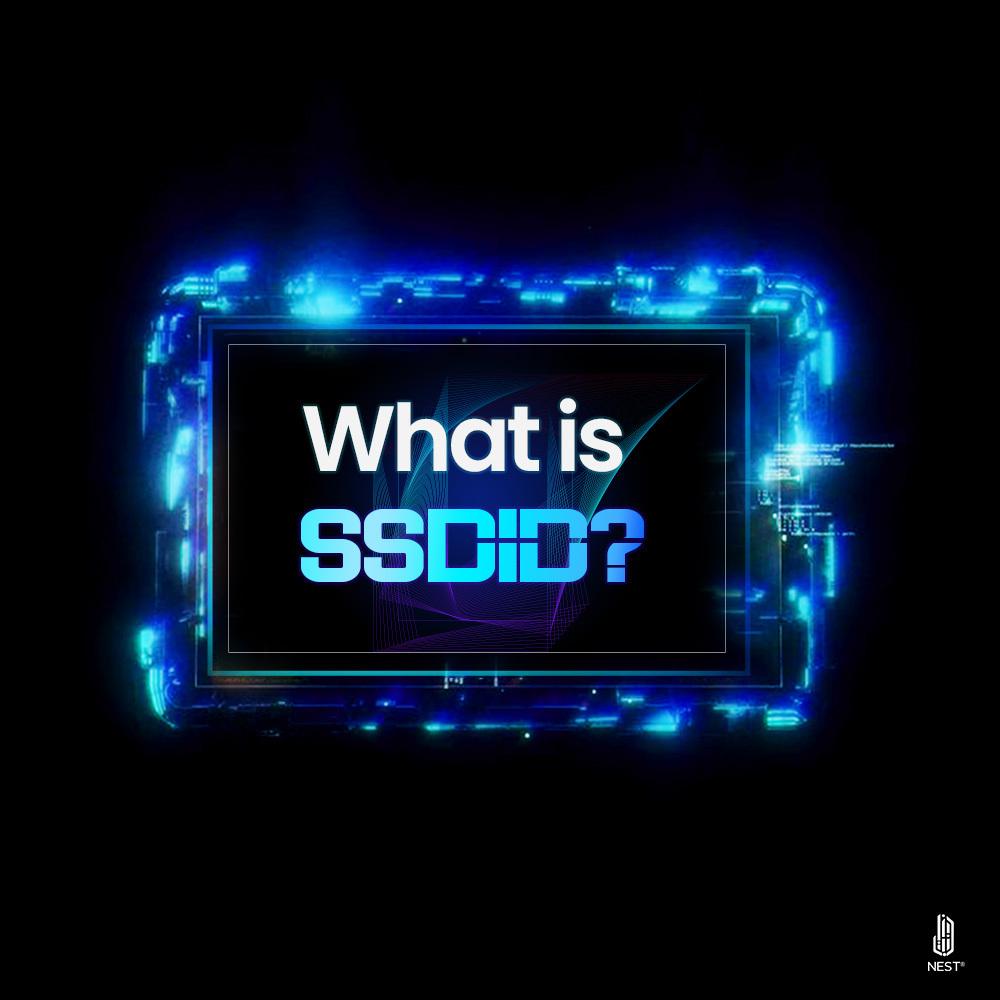Decentralized Identity: A New Era of Consumer Privacy

Have you ever counted how many online accounts you have? Approximately how many services or websites have access to your credit card number, ID number, biometrics, or where you live?
It is estimated that the average person has over 100 online accounts, and your data could be exposed in many ways. We unanimously agreed that our data’s safe with them… wait, actually nobody asked us — we didn’t have a choice! All we could do is trust that these companies store our personal information well — or we wouldn’t be able to access their products or services.
But time and time again, they failed us. Remember Yahoo!? 3 billion user accounts were exposed. How about Facebook? 533 million people worldwide had their personal data stolen. Citibank also got hacked, losing $10 million of its customers’ money to a hacker. There’s a long list of notable breaches that resulted in massive damages, and centralized systems have always been the major target of bad actors.
Over the past 30 years, technology has advanced at an unprecedented pace, but the systems that allow us to share and manage our data are remarkably outdated. Due to their storage mechanism, centralized systems are always prone to data infiltration and breaches.
With a decentralized system, these problems are addressed. Moreover, users have better control over their online footprints, digital identities, and information, all made possible with the utilization of the blockchain.
Decentralized identity gives power back to the people
Most digital identities are currently tied to online platforms, meaning that users who use online services share their data with a specific company. A decentralized digital identity, also known as self-sovereign distributed identity (SSDID), is free from any association of third-party entities, which allows users to have independent control over their information. Users can present their identities and credentials when needed without relyingi on external involvement. They can also give only what is required to be presented and revoke access when appropriate.
To get an idea of what this means, you can imagine going to a club where you have to prove you’re over 18 years old. Now, if you take your passport out or any other IDs, the person checking can see (or store) all other information about you that’s not relevant to what they need. Individuals can regain control of their privacy with a decentralized digital identity, especially when current systems fail to adequately safeguard their data. In essence, it gives power back to the people.
Enter the blockchain
Blockchains are often mentioned at this point by advocates of decentralized identity. A blockchain is a distributed ledger of transactions that is duplicated and distributed among network computers so that it is difficult or impossible to modify, hack or cheat. Ultimately, we’re dealing with verifiable credentials, decentralization, and cryptographically secured exchanges.
Distributed Identity (DID) is designed to resemble a digital wallet where users store various identities. It is the individual’s responsibility to keep their information safe and disclose only the minimum amount required to establish a secure, trustworthy connection. On the other hand, the underlying decentralized blockchain technology ensures that all information is cryptographically authentic, thus, making it tamper-proof and highly secure.
Why Decentralized Identity?
- Real-world ownershipUsers have full control of their data which allows them to prove their credentials and credibility without relying on any third-party entity.
- Improved Security
Security is enforced with the utilization of the blockchain, as the technology uses high-level data encryption. Breaches and thefts are unlikely with blockchain’s method to verify the authenticity of transactions: consensus algorithms.
- Convenience
All information is located in one source only. dApps made solely to manage and create digital wallets in a user-friendly environment are now widely available.
- More Privacy
With the way digital identities are stored, privacy has never been higher. Decentralized Identities use a pseudo-anonymous identifier in the blockchain, which makes users unlikely to be reached by privacy invaders.
Final Thoughts
Data privacy and effective storage have become increasingly vital with the proliferation of the internet economy and the online world. The current centralized system cannot guarantee data security and privacy for users. With all the improvements decentralized identities put to the table, it’s no question that this innovation is the way to go in the future. They possess enhanced privacy, and the technology gives users a lot better control over their digital identity, credentials, and information.
In the next article, we will guide you on creating your own SSDID. See you there!
https://nes.tech/decentralized-identity/
Comments
Post a Comment